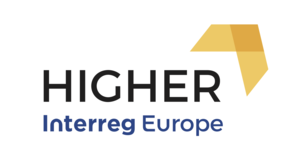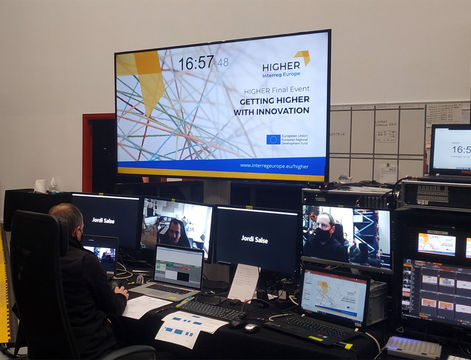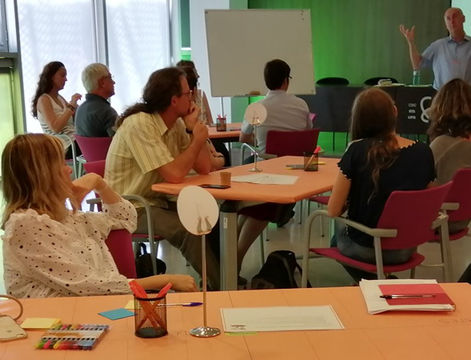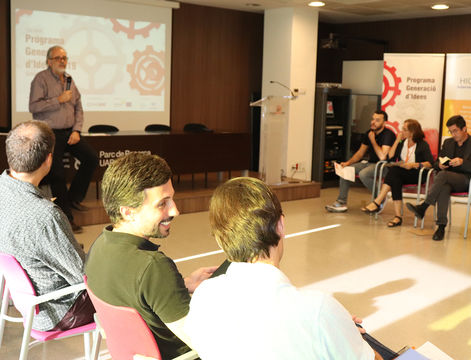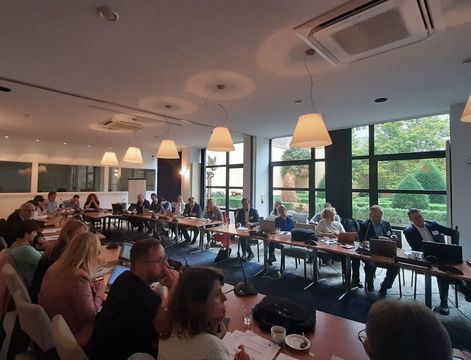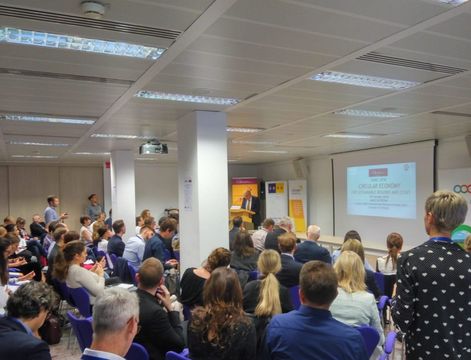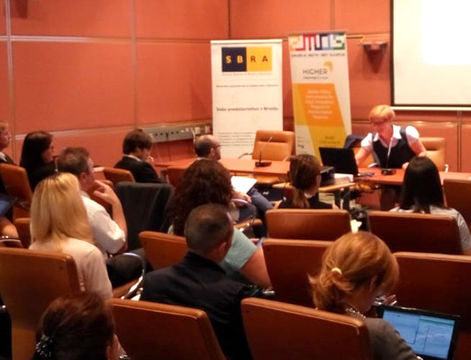Under the HIGHER initiative, Lithuanian Innovation Centre, in collaboration with association “Knowledge Economy Forum”, organized on May 17 a high-level international conference “Inno Summit 2017: Strategies to Reinforce Private Investments and Collaboration”.
More than 150 participants from Lithuania and other EU member states, including politicians, representatives of education sector, business and social partners, took part in the event. The summit offered the participants an ideal platform to exchange views on ways to foster cooperation between business and science, as well as to discuss strategies to stimulate private investments into innovations .
 Chancellor of the Government of Republic of Lithuania Ms. Milda Dargužaitė, who delivered welcoming remarks during the Plenary session of the Summit, has emphasized that the main condition for creating effective innovation system in Lithuania is a long-term and strategic cohesion of all actors – members of business, education, government and society – and the perception that education and innovations are Lithuania’s priorities. The importance of education was also pointed out by The Minister of Education and Science of the Republic of Lithuania J. Petrauskienė, who emphasized that in order to implement effective changes and reforms, including reforms in innovation system, it is necessary to build the right attitude starting from school.
Chancellor of the Government of Republic of Lithuania Ms. Milda Dargužaitė, who delivered welcoming remarks during the Plenary session of the Summit, has emphasized that the main condition for creating effective innovation system in Lithuania is a long-term and strategic cohesion of all actors – members of business, education, government and society – and the perception that education and innovations are Lithuania’s priorities. The importance of education was also pointed out by The Minister of Education and Science of the Republic of Lithuania J. Petrauskienė, who emphasized that in order to implement effective changes and reforms, including reforms in innovation system, it is necessary to build the right attitude starting from school.
The Minister of Finance of the Republic of Lithuania V. Šapoka shared his ideas about intended measures on the Governmental level in respect to boosting competitiveness and innovations. The Minister presented new measures which should induce business to invest in innovations and creation of high added value products. The measures that were recently introduced by the Government include: 5 percent corporate tax rebate on commercialization of the intellectual property which was developed by the company through conduction of R&D; the opportunity to deduct up to 100% of the value of expenditures that were incurred by the company as part of implementation of technological upgrades; the opportunity to deduct expenses on R&D 3 times from the company’s payable corporate profit.
 The Vice-Minister of Economy of the Republic of Lithuania L. Sabaitienė emphasized the necessity to optimize innovation support system in Lithuania through a comprehensive costbenefit analysis on the impact on business competitiveness in respect to each participant of Lithuania’s innovation support system. Vice-Minister emphasized that innovation support system must ensure efficient support for businesses that create high value-added goods and services.
The Vice-Minister of Economy of the Republic of Lithuania L. Sabaitienė emphasized the necessity to optimize innovation support system in Lithuania through a comprehensive costbenefit analysis on the impact on business competitiveness in respect to each participant of Lithuania’s innovation support system. Vice-Minister emphasized that innovation support system must ensure efficient support for businesses that create high value-added goods and services.
During the event the Head of EU projects at Greater Cambridge Greater Peterborough Enterprise Partnership Mr. Michael Barnes shared his thoughts and insights on the changing global environment. Mr. Barnes presented good practices of Cambridge University and the university’s role in supporting start-ups and innovative businesses. This practice demonstrates how knowledge which was created in university becomes the catalyst for innovations in business economy. The expert underlined that government’s support and investments are very important for stimulating commercialization of R&D generated in the scientific institutions.
However, he also emphasized that it is wrong to rely solely on the support of the public sector. Presentation of ideas, collaboration and search for new partners during events such as the “Inno Summit” is a great opportunity for the scientific institutions to expand into new international markets.
After the Plenary session of the event, the Panel sessions were held during which the participants held discussions on the three key topics: the role of Governments in attraction of private investments into R&D; the role of hubs and clusters in the area of advanced manufacturing, and the role of partnerships in developing greener regions and circular economies.
The presentation slides can be found at: http://lic.lt/en/lic/innosummit-2017/
